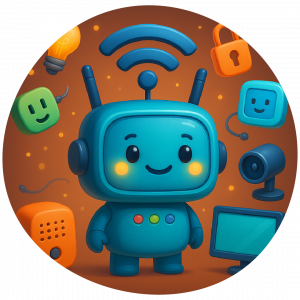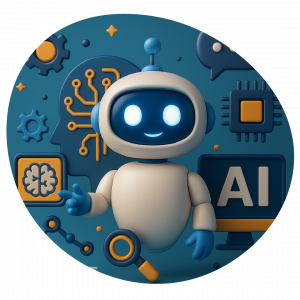An unprecedented revolution is on the horizon for education. I experienced this firsthand at one of the world’s largest educational technology events: the ISTE conference, 2024 edition. In this blog, I’ll share outstanding ideas and technology trends that have the potential to redefine education in the 21st century. I am sure you will discover valuable concepts that you will be able to apply in your educational work.


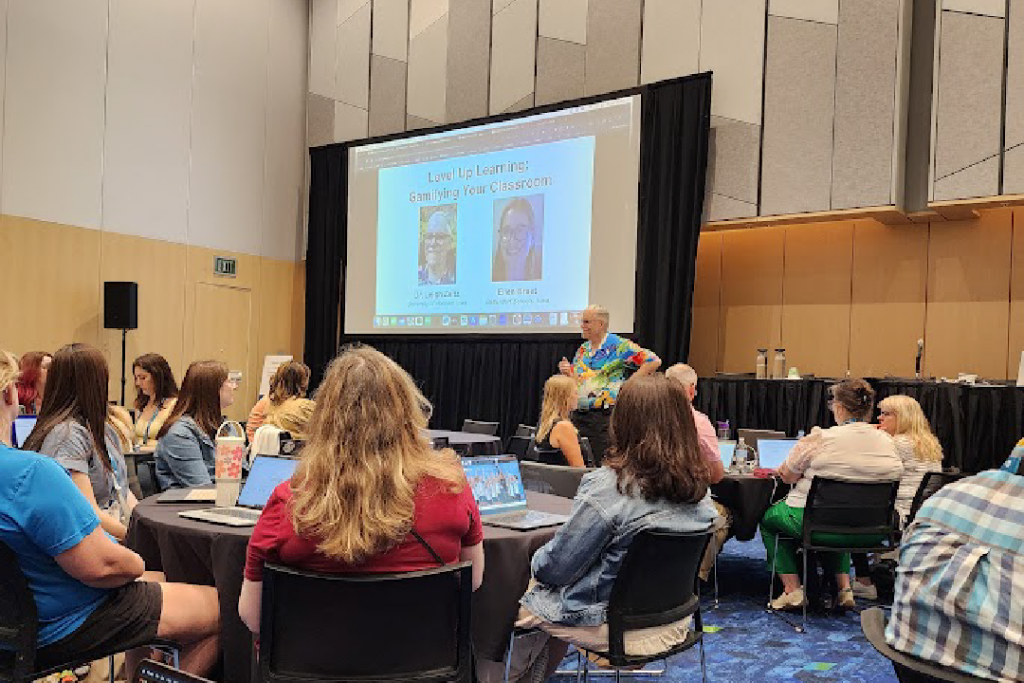
The essence of educational innovation
ISTE24 left us with several inspiring phrases that capture the essence of innovation in education. Let’s review three ideas that will help us take a more holistic approach to “educational innovation“:
"Creating cultures of innovation is about people first"
This key phrase bounced around in my head from the moment I read it in one of the first speeches of the event. It emphasizes that innovation is born from people, not technology per se. In an increasingly digitized world, it is critical to focus on the human element that drives educational transformation and progress.
We are invited to rethink how we approach innovation in our educational institutions. It is about fostering a growth mindset, promoting collaboration, and creating spaces for experimentation and learning from error.
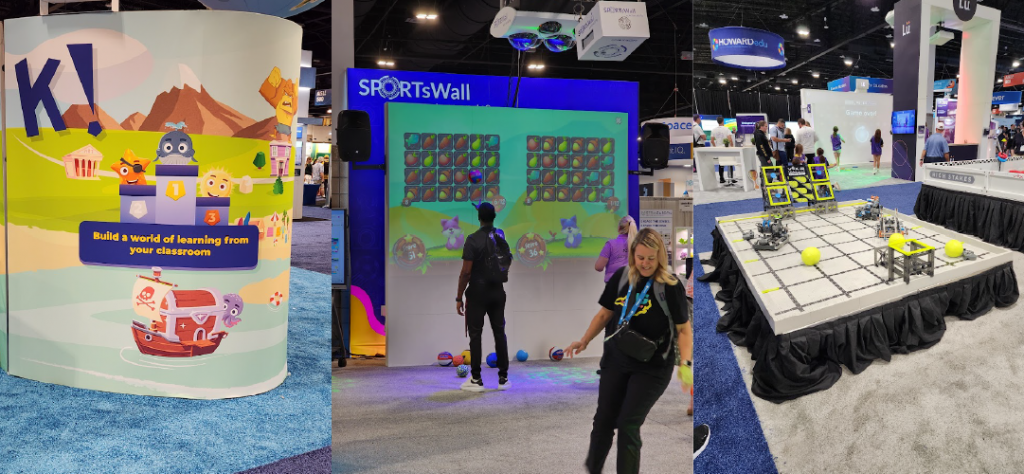
By putting people at the forefront, the challenge arises to design educational experiences that not only incorporate technology effectively, but also strengthen competencies such as empathy, critical thinking and creativity. In short, this phrase reminds us that technology is a powerful tool, but it is the innovative minds and inspired hearts of educators and students that truly drive authentic change in our schools.
"3 ingredients for innovation: confidence, freedom, unique passions"
These three ingredients are key to fostering innovation in education. Confidence acts as the foundation that empowers teachers and students to take risks and to tread new paths. Freedom becomes the living space where creativity can bloom unrestricted, allowing for the exploration of new methodologies, technologies, forms of assessment and more. In addition, unique passions are the fuel that drives the motivation and perseverance needed to achieve concrete results.
The integration of these three ingredients fosters a dynamic educational ecosystem, where teachers and students not only feel safe to experiment and make mistakes but are also motivated to pursue their interests with enthusiasm. Fostering these ingredients also empowers educational actors to be creative thinkers and problem solvers in an ever-changing world, enabling them to approach future challenges with originality and confidence.
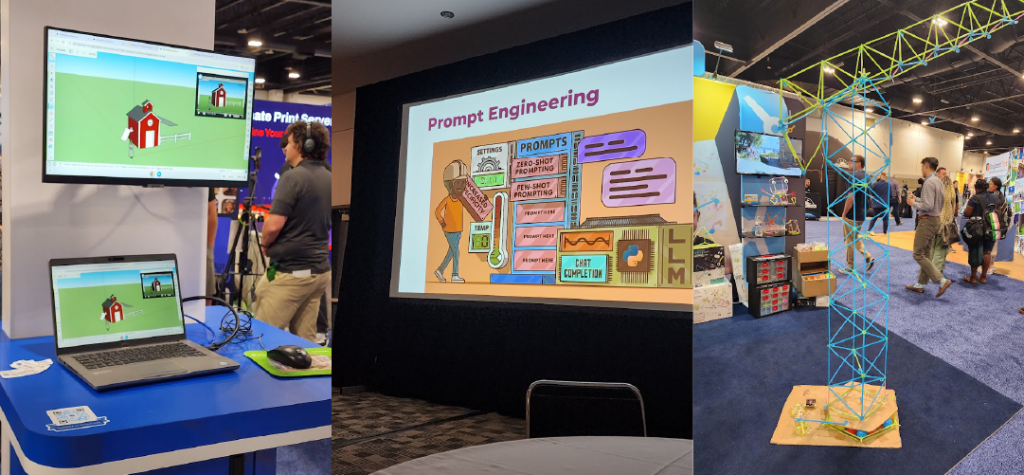
"Adventure is calling: follow your curiosity, unlock the power of play through exploration"
This invitation to adventure and exploration highlights the importance of curiosity and play in the learning process. It reminds us that discovery and experimentation are fundamental to effective and lasting learning.
This idea is aligned with the principles of gamification in education. Game elements can be strategically integrated to increase learner motivation and engagement. By transforming learning into an adventure full of challenge and discovery, gamification harnesses the power of play to foster deeper and more meaningful learning, making education an exciting experience.
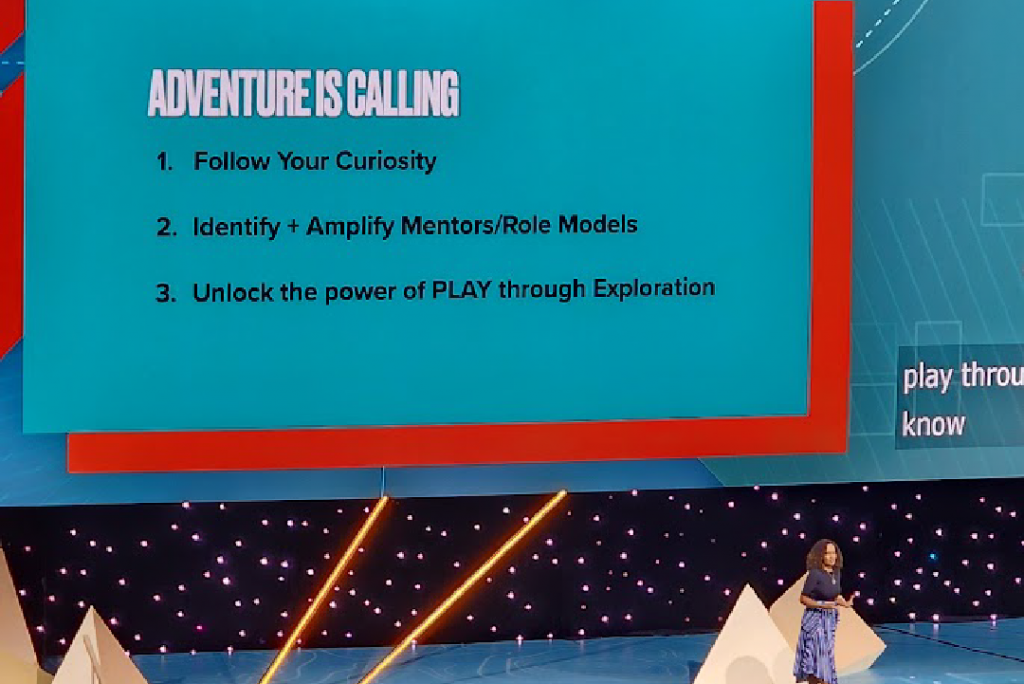
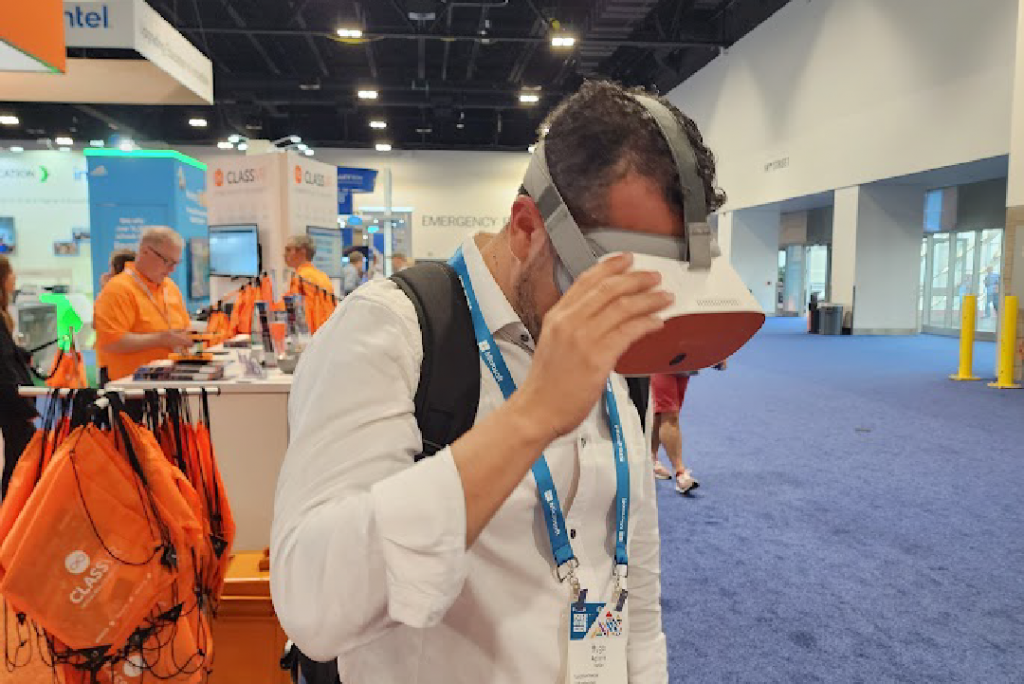
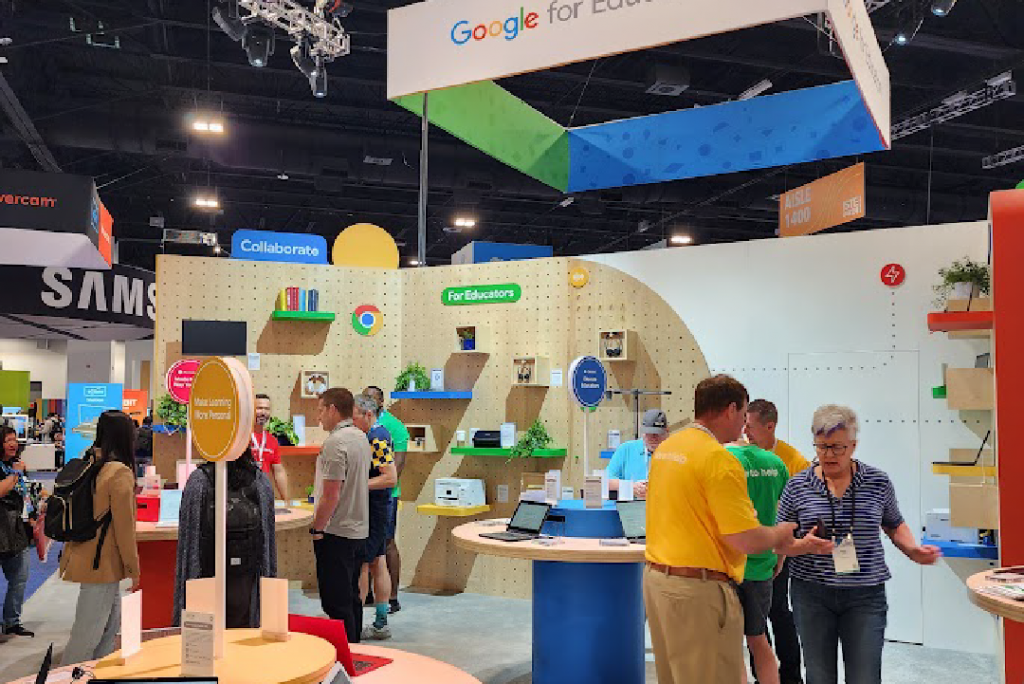
Transformative Principles: A Guide to Learning for the Future
Durante la conferencia, ASCD e ISTE presentaron los Principios Transformadores del Aprendizaje (TLPs, por sus siglas en inglés). Estos principios brindan un marco de referencia sólido para reinventar la enseñanza y el aprendizaje en la era digital. Más que una simple lista de buenas prácticas, estos principios revelan el núcleo de lo que hace que el aprendizaje sea efectivo, impactante y motivante.

Cultivate Belonging
Teachers prioritize relationship building in physical and virtual spaces, creating a learning community that ensures students’ safety and sense of belonging.

Connect Learning to the Learner
Emphasis is placed on the importance of adapting teaching to the individual needs and interests of students, using differentiation strategies and flexible teaching resources.

Ensure Equity
Educators are responsive to students’ cultural and developmental contexts. Their backgrounds, traditions and values are respected.
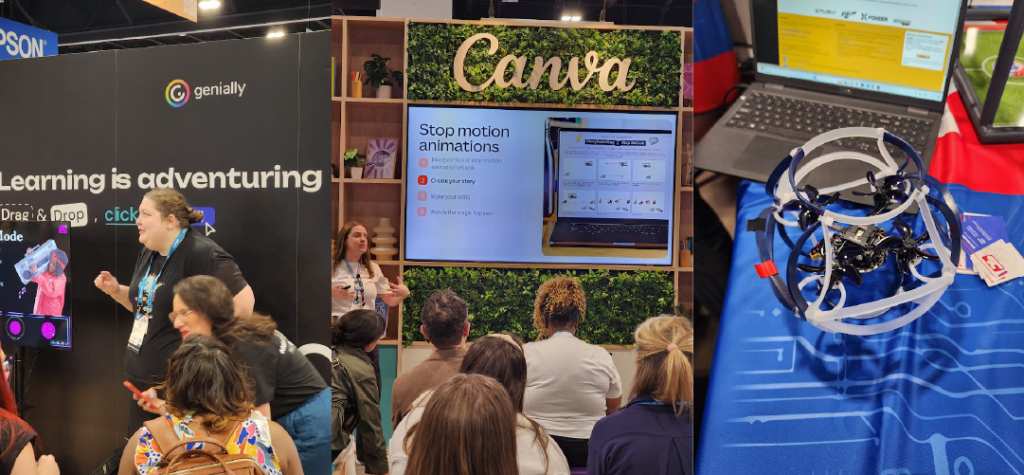
Spark Curiosity.
It seeks to connect the content and skills to students’ prior knowledge, experiences and interests. This allows to awaken curiosity and enthusiasm for learning.

Develop Expertise
This principle promotes the use of research-supported pedagogical strategies to ensure deep and lasting learning. Educators organize learning activities around relevant concepts, using multiple formats for presentation and inquiry.

Elevate Reflection
There is a need to enhance learning through effective feedback and self-reflection. A variety of data and tools are used to provide timely and specific feedback in a way that fosters critical thinking in students. It goes beyond simple assessment; it is about creating a cycle of continuous improvement.

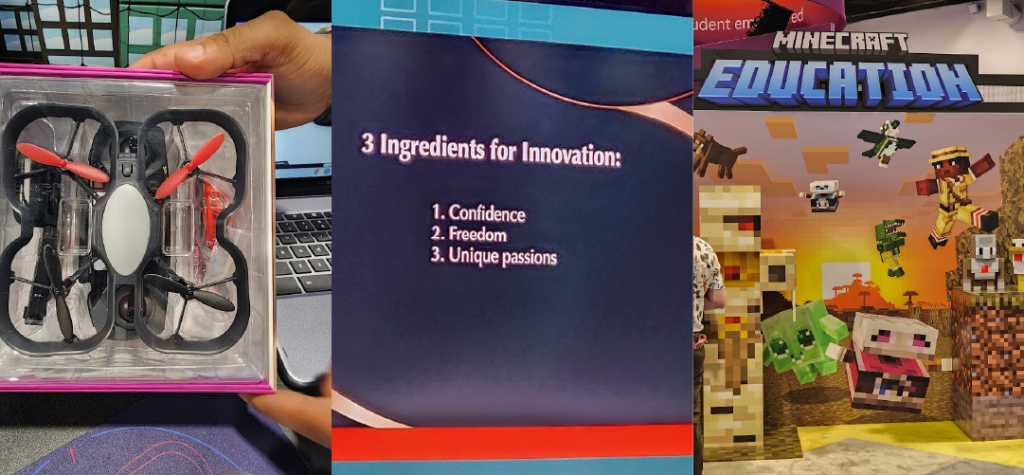

Prioritize Authentic Experiences
Opportunities are created for students to apply their learning to real-world situations and problems. These experiences redefine the role of students, turning them into designers, creators, collaborators and problem-solvers. By facing real-world challenges, students develop their academic knowledge and essential 21st century skills.

Ignite Agency
This principle focuses on empowering students to take charge of their learning. Teachers integrate various approaches to move students from being passive recipients of information to becoming the protagonists of their educational process. A lifelong learning mentality must be cultivated and students must be prepared to be autonomous learners throughout their lives.
ISTE24 demonstrated that the future of education is not a distant destination, but a reality that we are building today. Ideas about people-centered innovation, the importance of confidence, freedom and passion, along with the power of play and exploration, lay the foundation for an educational revolution from within, not imposed from outside the classroom.
The Transformative Principles of Learning offer us a compass for navigating this new territory, reminding us of the importance of belonging, equity and learner autonomy. While trends such as artificial intelligence, STEAM, digital citizenship, programming and virtual reality are redefining what is possible in the classroom from now on, we are also facing new challenges.
The message is clear: technology is a powerful tool, but it is the innovative minds and inspiration of educators and students that will truly drive change. We stand on the edge of an exciting educational era, where learning can be more personalized, immersive and meaningful than ever before. Reinventing education is in our hands, are we ready to shape it?

